
Bringing research on ageing closer to society, through the stories of the scientists working in this field, and from their different areas of knowledge, is the aim of the audiovisual series "Ageing at the border", produced by the Fundación General CSIC (FGCSIC), as part of the "International Centre on Ageing" (CENIE) project, part of the INTERREG V-A Spain - Portugal (POCTEP) 2014-2020 programme. 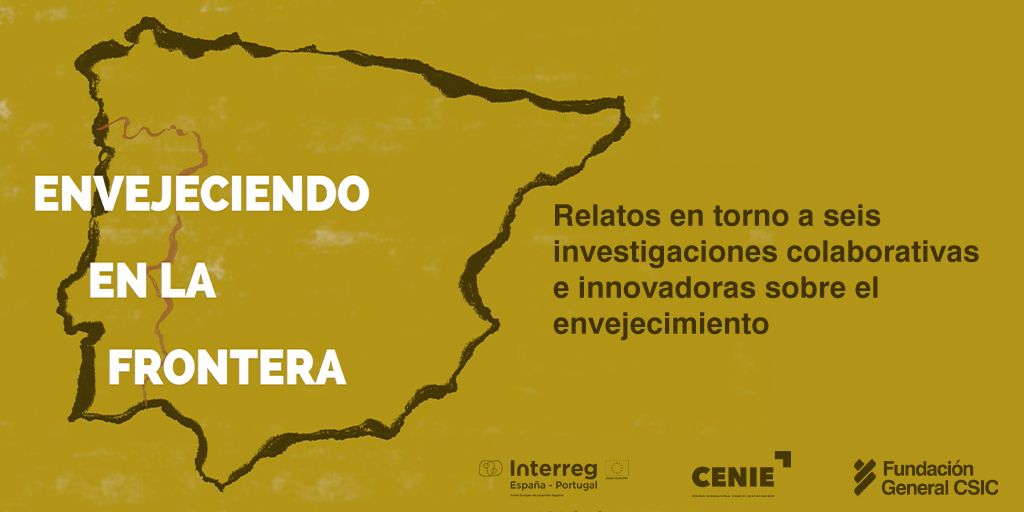
The proposal, which includes the production and dissemination of six informative videos corresponding to two interdisciplinary research programmes on ageing promoted by the FGCSIC, aims to publicise the objective of each of these programmes and the results achieved, to show the impact they have had and their applicability in the daily lives of older people and society in general. Furthermore, the geographical focus of these projects in the Spain-Portugal cross-border area, as if it were a "laboratory" for analysis and testing, makes them a reference point for the rest of Europe and other areas of the world.
Video 1/6: RCVISYRC. Factors for successful cognitive ageing
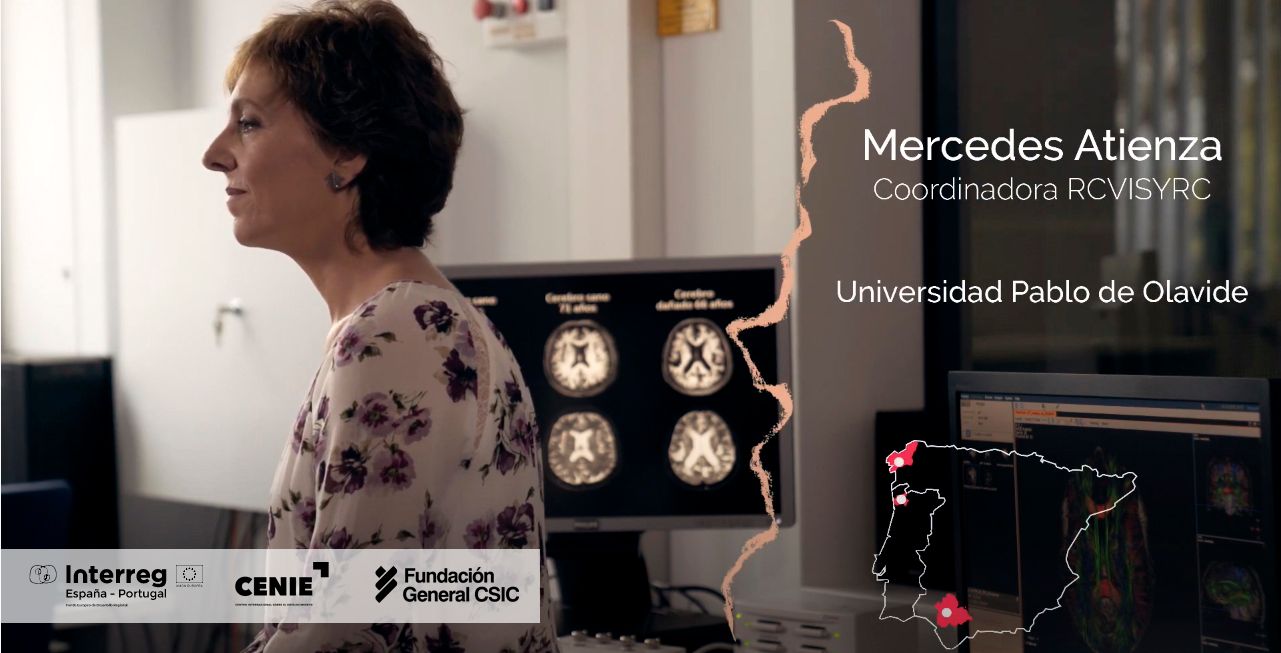
Mercedes Atienza Ruiz, Associate Professor at the Universidad Pablo de Olavide.
Cognitive ageing is a major determinant of health-related quality of life. In addition to age, physical exercise, diet or sleep seem to play an essential role in its course. However, it is not known what specific aspects of cognition are affected by the combination of some of these elements and to what extent the level of brain atrophy, processing capacity and cognitive reserve act as potential mediators. This work, through the study of these factors and the relationship between them, aims to contribute to stimulating and improving programs for the promotion of active and healthy aging for the prevention of cognitive impairment and dementia.
Video 2/6: TECA-PARK. Acoustic Stimulation for Parkinson's Rehabilitation.
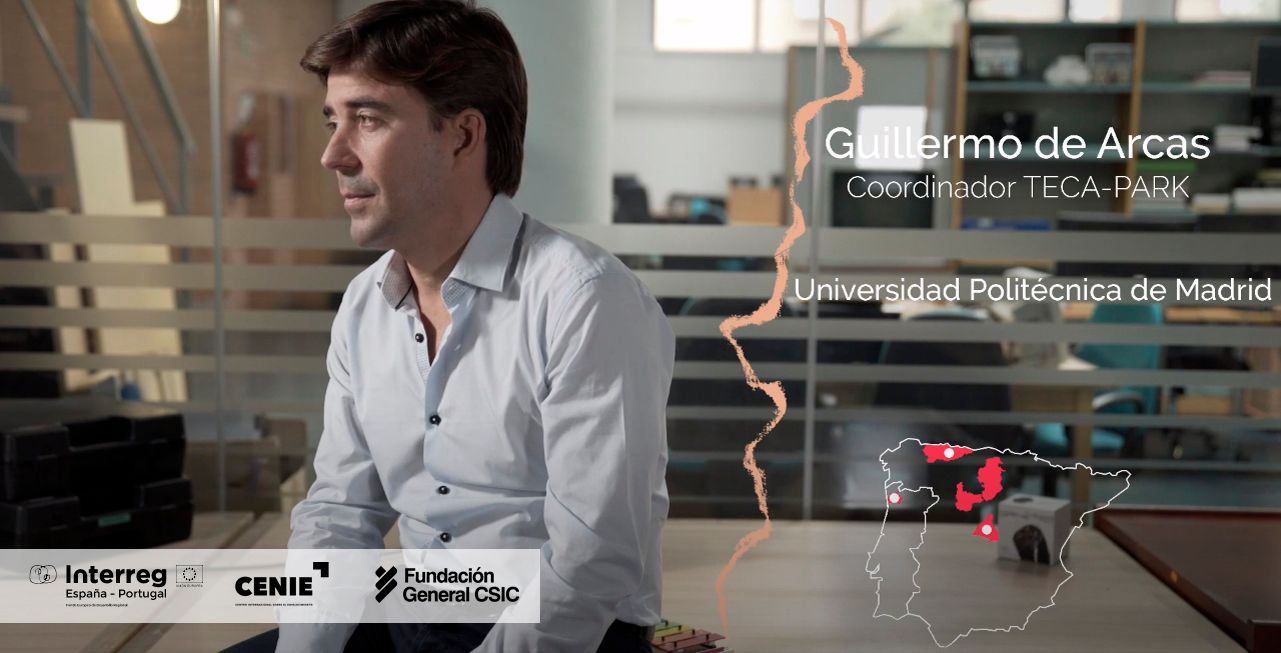
Guillermo de Arcas Castro, Associate Professor at the Universidad Politécnica de Madrid.
This research aims to assist Parkinson's patients in their rehabilitation processes through acoustic stimulation designed to improve motor and cognitive performance symptoms. It also seeks to provide low-cost, accessible, enabling and inclusive technologies that will facilitate the monitoring, follow-up and rehabilitation of these patients, as well as the smooth interaction between patient and caregiver. In this way, it would be possible to provide clinical and rehabilitation services with accurate information to improve response times in adapting their pharmacological treatment and rehabilitation assistance protocols and, in short, to contribute to the assistance and care of Parkinson's patients, in order to improve their quality of life.
Video 3/6: ModulEn. New predictive model for early detection of fragility.
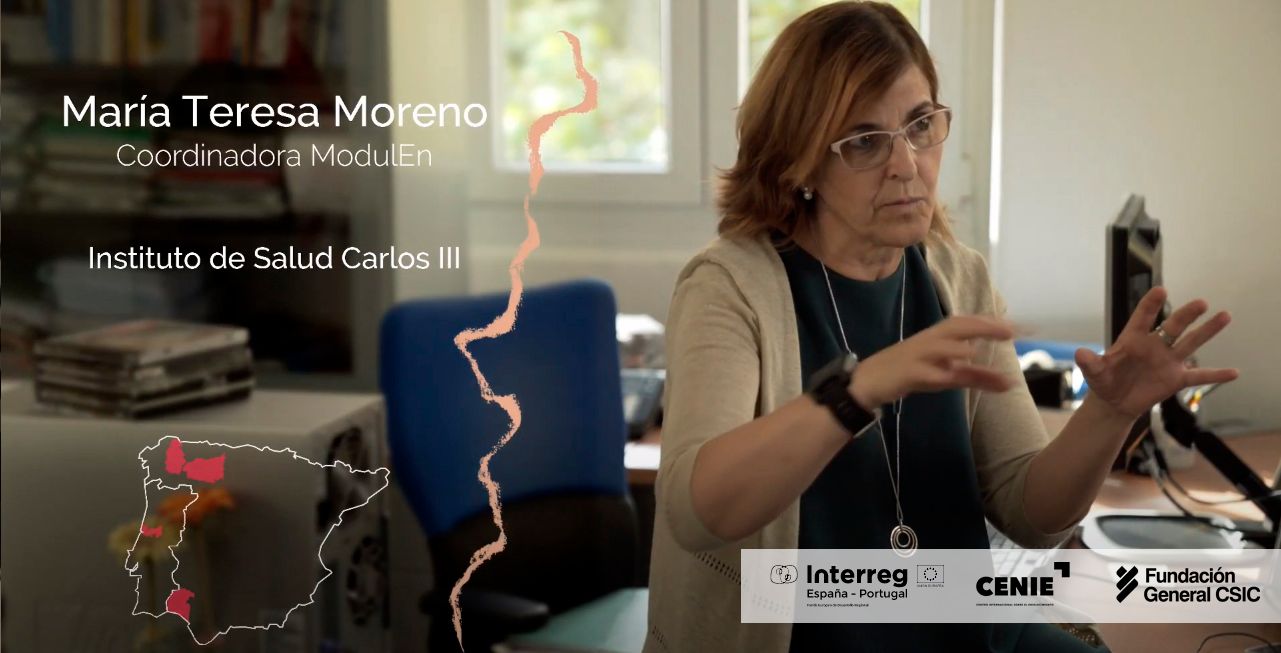
María Teresa Moreno Casbas, director at the Investén-Instituto de Salud Carlos III.
The project proposes the use of easy-to-use sensors for continuous and proactive monitoring of circadian rhythms, physical activity or eating patterns in older people, to detect disorders in the body that could lead to premature states of frailty. With the information collected and the use of ambient intelligence and Big Data technologies, the aim is to implement and evaluate a new predictive system, which can be made available to the scientific community and health professionals, for the early and automated detection of states of fragility in the very environment where the elderly person carries out their daily life.
Video 4/6: MOVE-AGED. Vertical urban mobility infrastructures as integrative elements for the elderly.
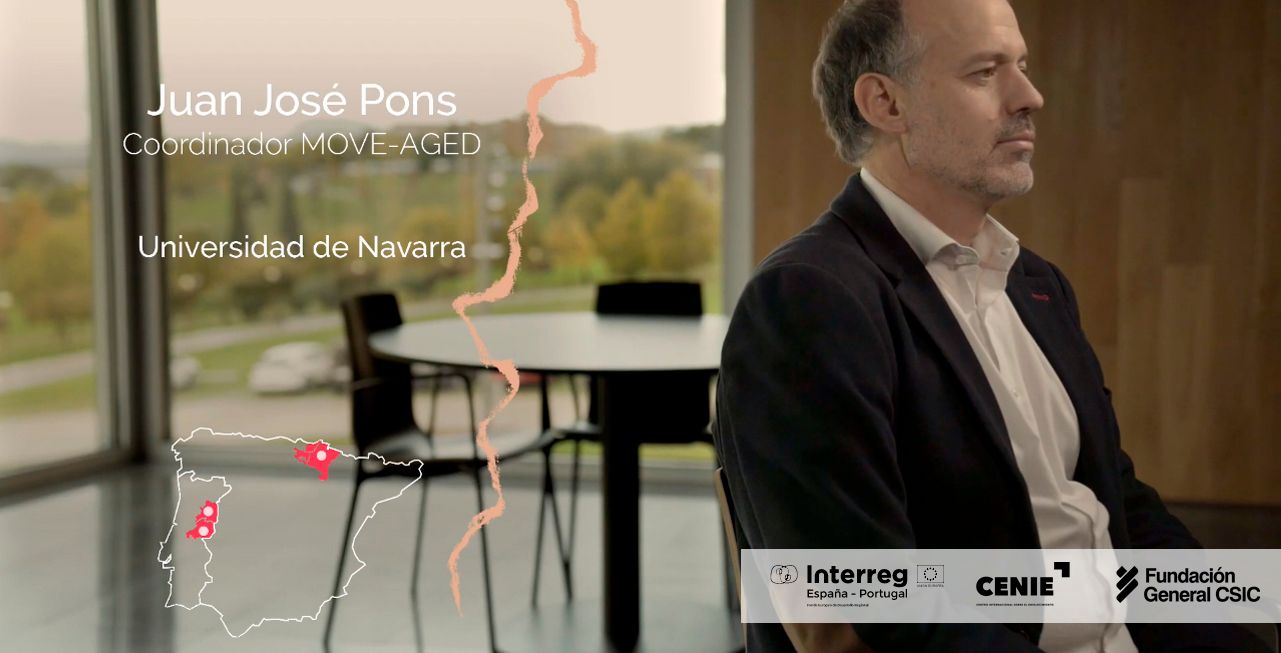
Juan José Pons Izquierdo, associate profesor at the Universidad de Navarra.
Enabling older people to lead as active a life as possible in terms of travel and urban mobility is essential to their psychological well-being. The general objective of the work is to carry out a study on the impact of vertical mobility infrastructures or IMUVs (lifts, ramps, escalators, funiculars and cable cars) on the daily life of older people living in neighbourhoods where mobility is particularly complicated by the existence of topographical differences. The results will be made available to public managers and urban planning professionals to promote friendlier and more sustainable cities for all.
Video 5/6: FES-HAND. Tools for functional rehabilitation of the hand after stroke.
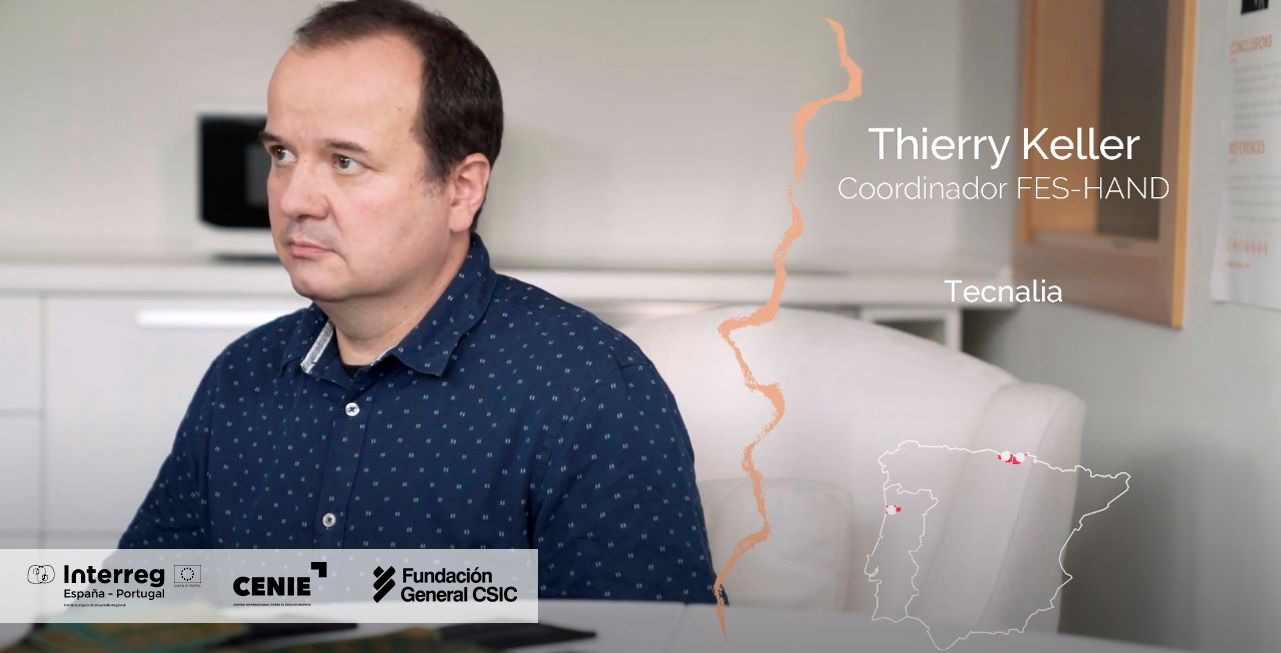
Thierry Keller, director of the Neurorehabilitation Area at the Fundación Tecnalia.
The general objective of the program is research into new tools for the recovery of dexterity or fine hand movements in patients who have impaired upper extremity mobility after suffering brain damage. In this way, the increase in the capacity for the performance of daily activities contributes to the improvement of the quality of life of those affected. This work also includes the development of a prototype of rehabilitation technology, the study of its usability and the assessment of its impact in a quantitative way through external measuring equipment.
Video 6/6: FragDetCog. Fragility as an early marker of cognitive impairment in the elderly
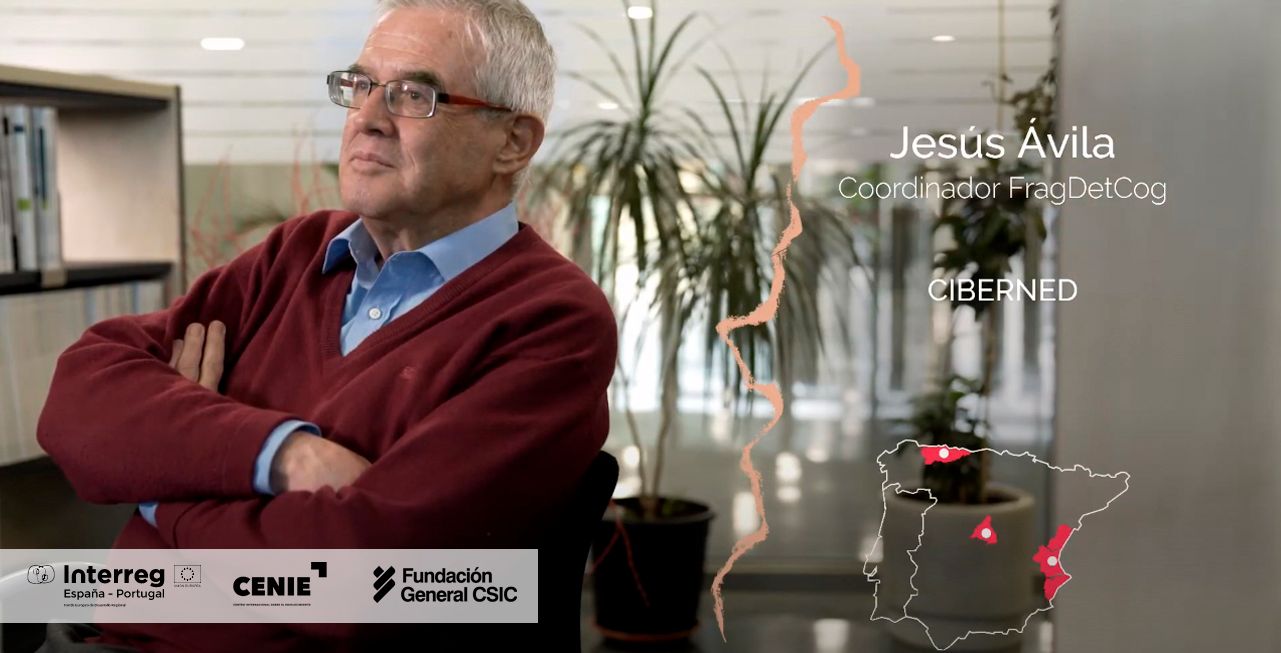
Jesús Ávila de Grado, Scientific Director of the Center for Networked Biomedical Research on Neurodegenerative Diseases (CIBERNED).
Finding early markers of neurodegenerative diseases has become a major challenge for the medical and scientific community. This project explores whether cognitive fragility (cognitive deficits in physically frail elderly people without dementia) may represent a stage prior to the development of neurodegenerative diseases, being therefore an appropriate target for early intervention. The study involves the participation of a multidisciplinary team in translational research in age-related neurodegenerative diseases, which includes experts in clinical neurology, neuropsychology, neuroimaging, biochemistry, genetics or biomarkers. The aim of this approach is to find predictive models that allow early diagnosis of neurodegenerative diseases such as Alzheimer's disease.
